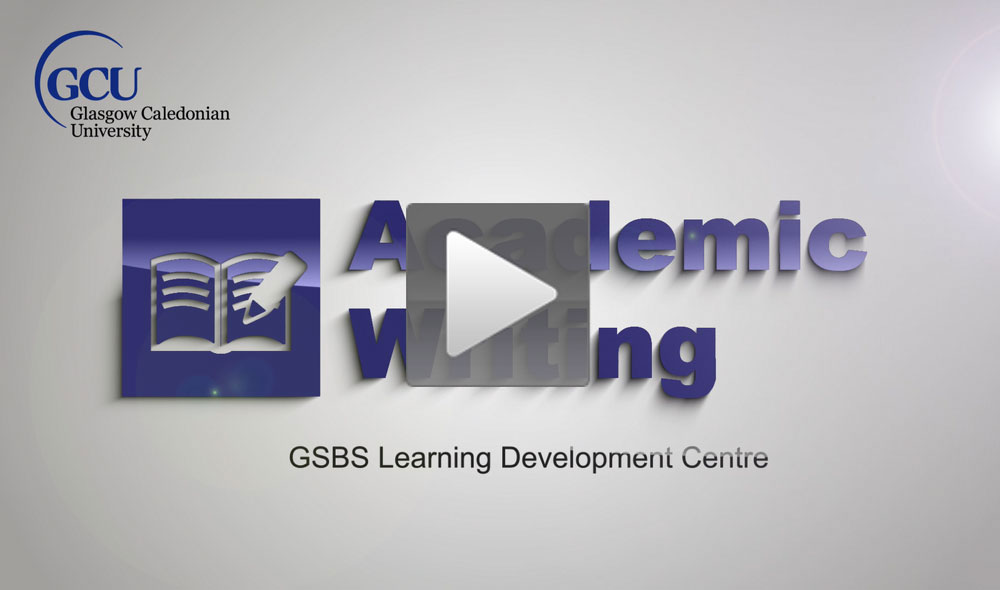Understanding the question
Understanding the question: breaking the question down
Before starting any piece of coursework, you must firstly understand what is being asked. This involves breaking the question down into three elements.
An example essay question is -
"Critically evaluate how gender inequality can be addressed in the Science, Technology, Engineering and Mathematics (STEM) professions".
Typically coursework titles have three elements: topic, focus and instruction.
1. Topic - what is the issue that the question addresses?
In this question, the topic - gender inequality - is complex and can be explored from many perspectives, such as human resource management, sociology and education. You therefore need to identify the focus of the essay.
2. The specific focus of the essay
In this question the focus is how/the ways in which gender inequality can be addressed in the specific context of the STEM professions.
3. An instruction about what questions to ask
The instruction is critically evaluate, which essentially means that you take a questioning approach to the essay, asking questions like:
- What...?
- Why...?
- How...?
- So what...?
For this essay these are some of the questions you might ask:
- What is gender equality?
- To what extent have organisations in Scotland/the UK/Europe/India/Nigeria achieved gender equality?
- What are the barriers to gender equality in the STEM professions?
- What mechanisms/strategies are there for increasing gender equality in these professions?
- How successful are these mechanisms/strategies? Why are they more or less (un)successful?
You'll find answers to these questions in a variety of academic sources. For more information about finding appropriate sources go to: What do I need to read?
Asking these questions allows you to get into a conversation with the topic and guide you on what you need to read and write about. You generate questions on the basis of your prior knowledge and understanding of the issue and from the knowledge gained from lectures and seminars. Reading is an ongoing process - as you read around this issue, your knowledge and understanding will change and that will generate more questions to guide further reading.
Asking and answering these questions also helps you plan your answer.
For a more detailed explanation of how to critically analyse, look at this section on Critical Analysis

